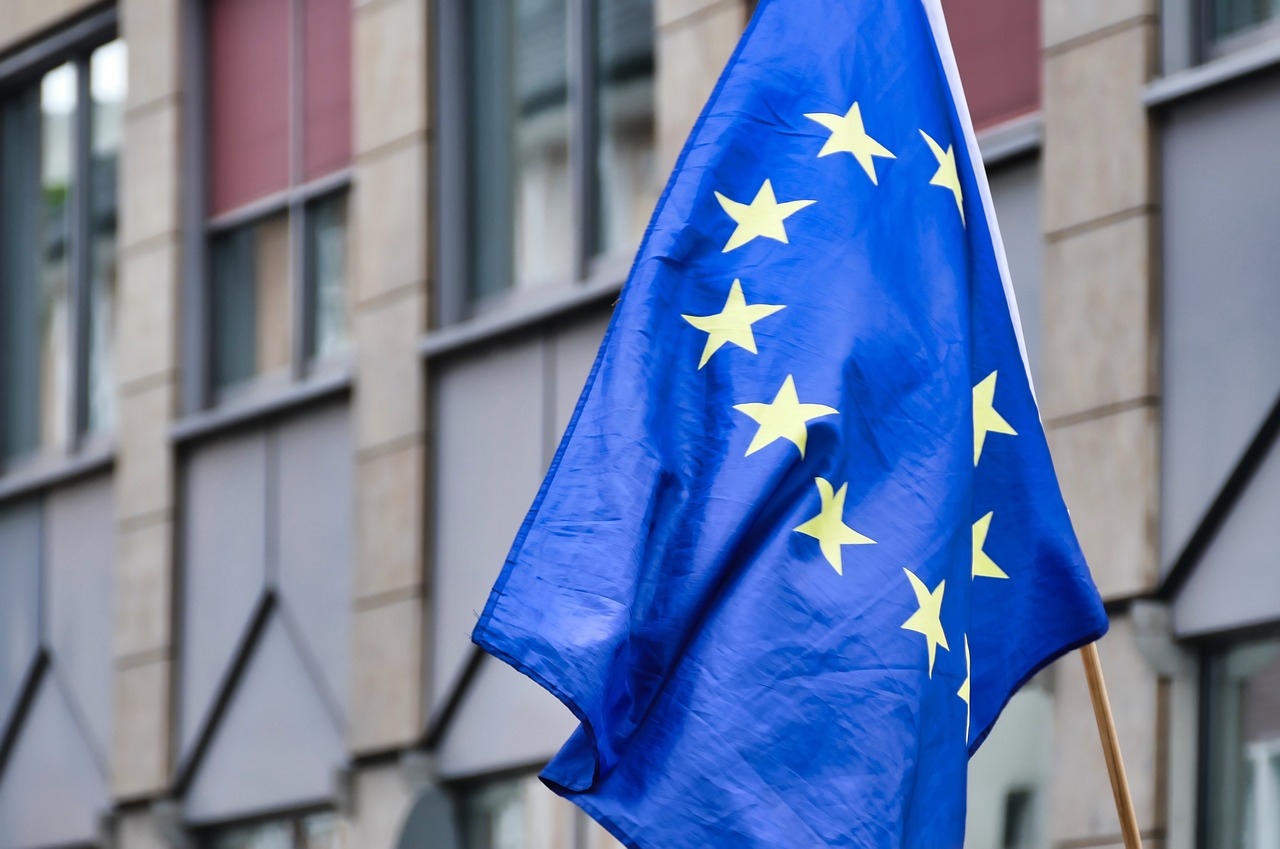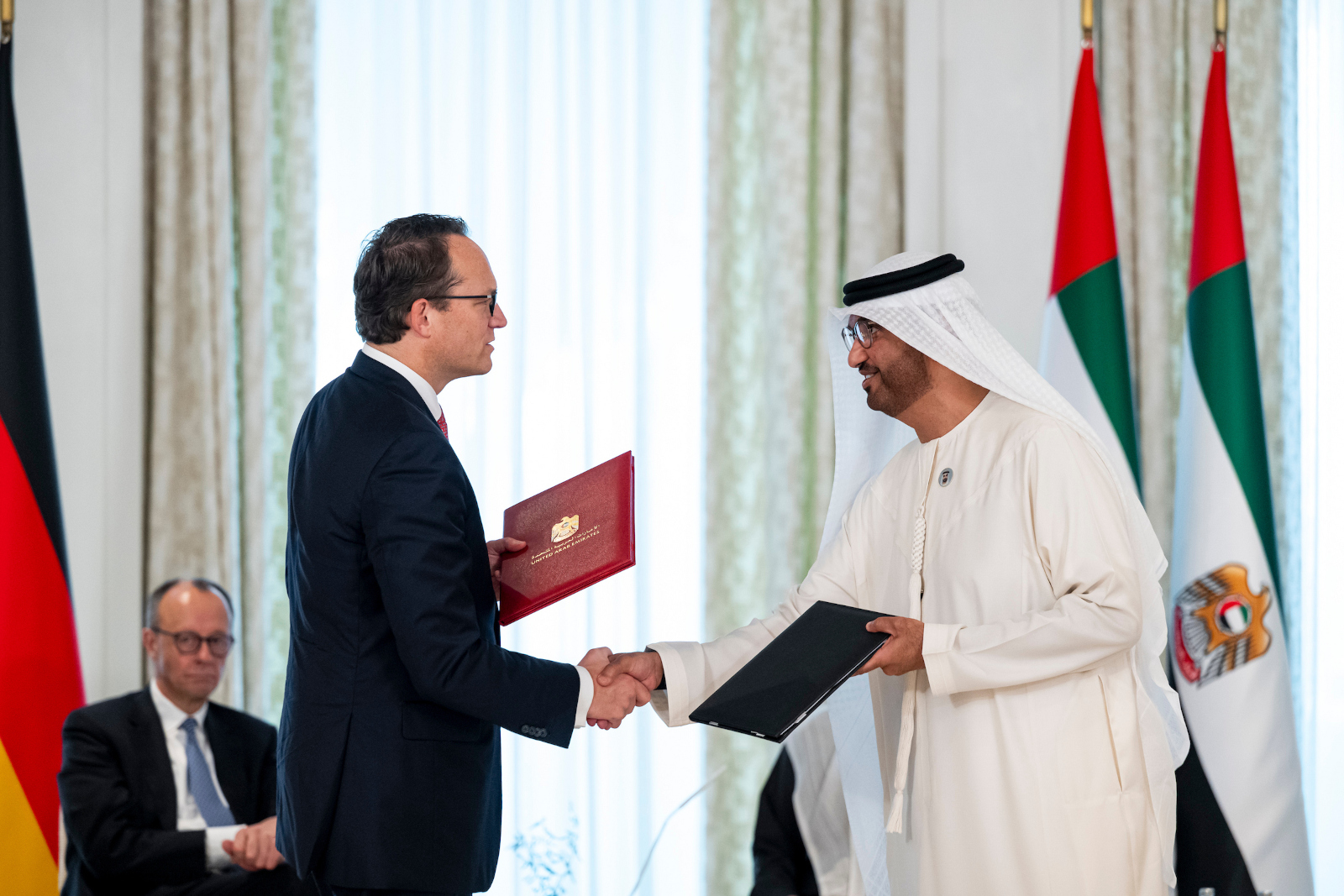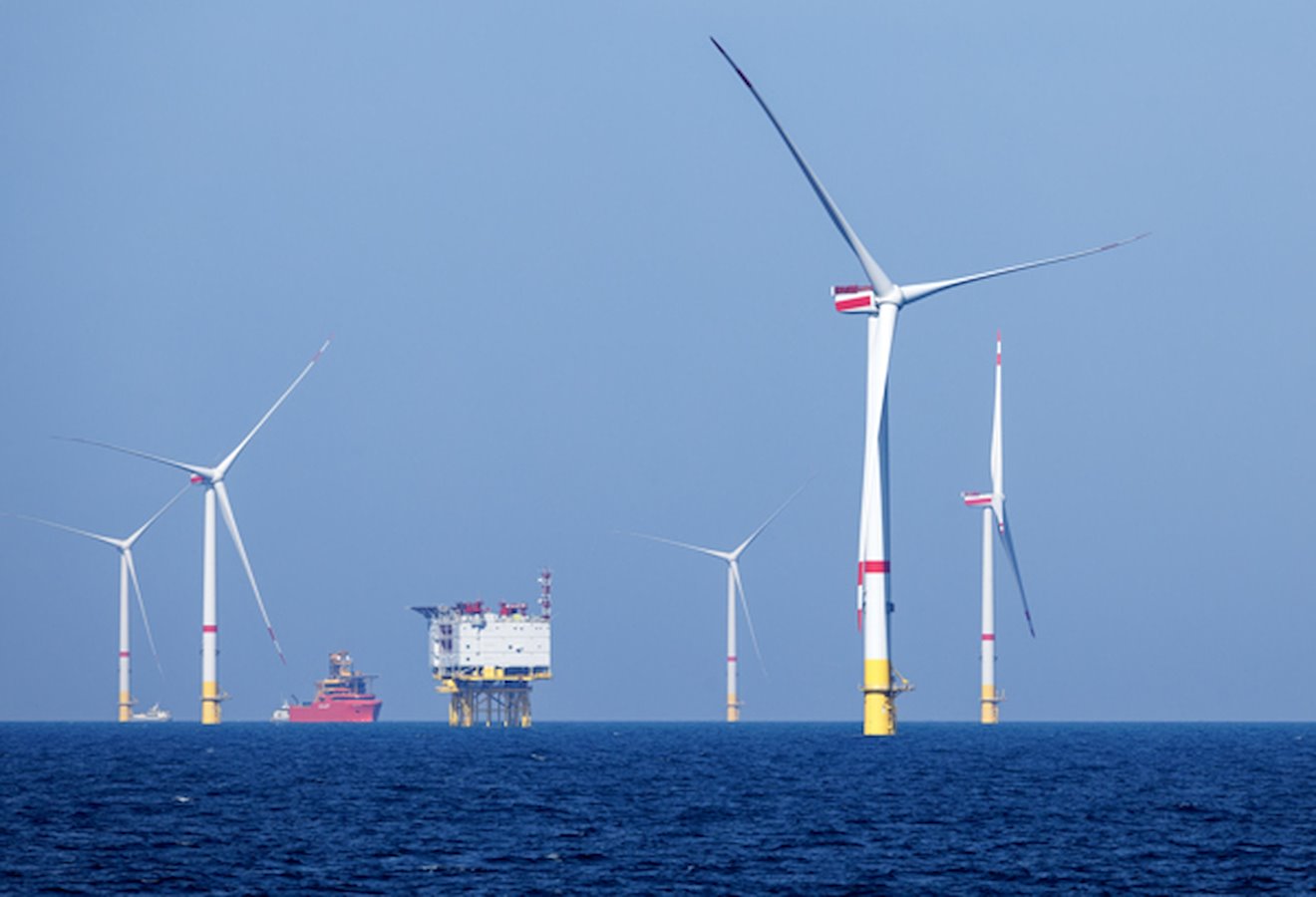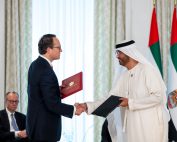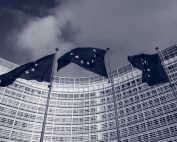NATO Foreign Ministers concluded two days of meetings in Brussels in December, focusing on countering Russia’s escalating hostile actions and safeguarding the Alliance’s security. The discussions underscored NATO’s commitment to addressing Russian sabotage, cyber-attacks, and energy blackmail, which have targeted NATO countries and destabilized global security.
Secretary General Mark Rutte highlighted that Russia and its allies, including China, North Korea, and Iran, are increasingly aligned in efforts to destabilize Western societies. Ministers agreed on a comprehensive set of measures to counter these threats, including:
- Enhanced intelligence sharing among NATO members.
- Increased military exercises.
- Improved protection of critical infrastructure.
- Strengthened cyber defense capabilities.
- Tougher actions against Russia’s “shadow fleet” involved in oil exports.
Rutte emphasized NATO’s close collaboration with the European Union in addressing these challenges, recognizing the global scope of threats from Russia’s illegal war in Ukraine. He pointed out the alarming partnership between Russia and North Korea, where North Korean troops and weapons are supporting Russia’s war efforts, while Russia aids North Korea’s missile and nuclear programs. These developments, he warned, risk destabilizing the Korean Peninsula and threatening global security, including the United States.
Strengthening Regional and Global Partnerships
NATO Ministers also engaged with His Majesty King Abdullah II of Jordan to discuss Middle Eastern security and the Alliance’s partnerships in the region. Secretary General Rutte expressed gratitude for Jordan’s leadership and announced plans to open a NATO Liaison Office in Amman to deepen regional cooperation.
Continued Support for Ukraine
The NATO-Ukraine Council convened during the meetings, with Ukraine’s Foreign Minister Andrii Sybiha and EU High Representative Kaja Kallas joining discussions. The council reviewed Ukraine’s immediate needs as Russia escalates attacks with the assistance of North Korean troops and weaponry. NATO reiterated its unwavering support for Ukraine, including delivering critical ammunition, air defenses, and financial aid.
Rutte reaffirmed that NATO’s goal is not only to sustain Ukraine in its fight but to enable a strategic shift in the conflict. He emphasized that Ukraine must be supported to negotiate peace from a position of strength. NATO is also fulfilling its commitments through initiatives such as the new command in Wiesbaden and the NATO Security Assistance and Training program for Ukraine.
A Unified Response to Global Challenges
The meetings underscored NATO’s resolve to counter Russian sabotage and aggression while strengthening partnerships and regional security. NATO’s commitment to providing decisive support for Ukraine and enhancing collective defense remains central to its mission in the face of evolving global threats.
Source: NATO


